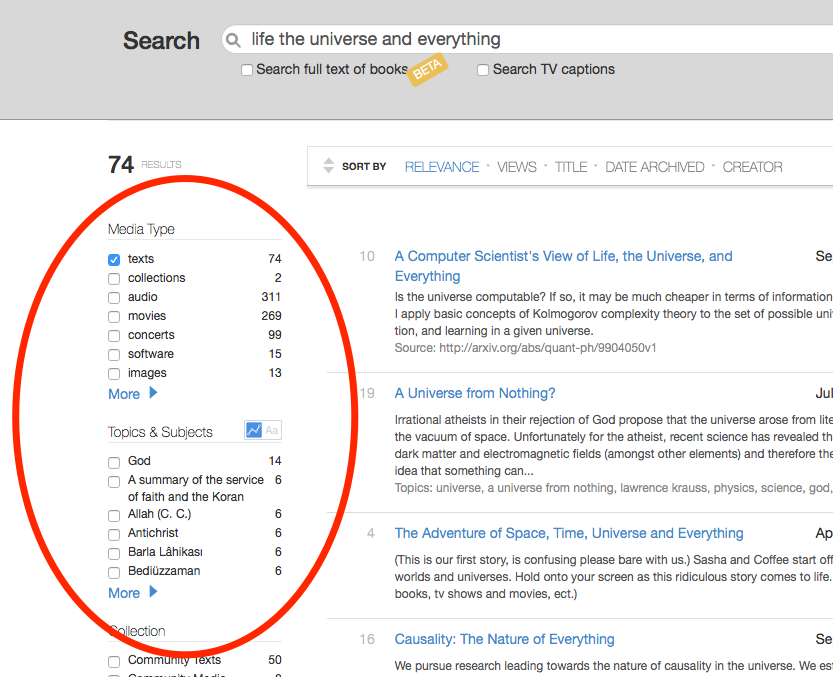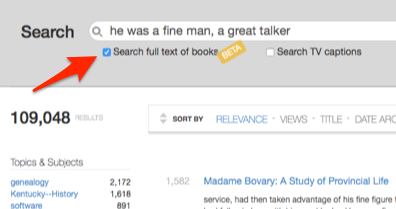
Today, on the Day of the Dead 2023, we at the Internet Archive honor the death of Python 2. Having mostly emerged from one of the greatest software upgrade SNAFU’s in history—the migration from Python 2 to Python 3—we now shed a tear for that old version that served us so well.
When Python 3 was launched in 2008, it contained a number of significant improvements which nevertheless broke compatibility with the previous version of Python at the syntax, string-handling, and library level. As terrible as this sounds, breaking changes are fairly normal for a major software upgrade.
Rather, the chaos that followed was rooted in the fact that unlike most software transitions of this sort, it could not be done incrementally. Instead of being offered a way to gradually upgrade, remaining compatible with both versions and spreading the incremental costs over time, developers were given a risky all-or-nothing choice. The result has been a reluctant, glacial, expensive migration that continues to plague the world.
At the Internet Archive, we did not begin our migration in earnest until 2021, starting with Open Library and then this year focusing on Archive.org and its underlying services. However, we are now happy to declare migration of our core storage service, S3, which underlies all of the millions of items stored in the Archive, complete. We are grateful for the intensive efforts over many months by Chris, Scott, and Tracey, and everyone who supported them!
There are just a few more projects to go, but we are nearly there. And come our next OS upgrade, Python 2 will be but the whisper of a memory, preserved in the Archive and honored on a day like today. Rest in peace, Python 2. And please stay dead.


